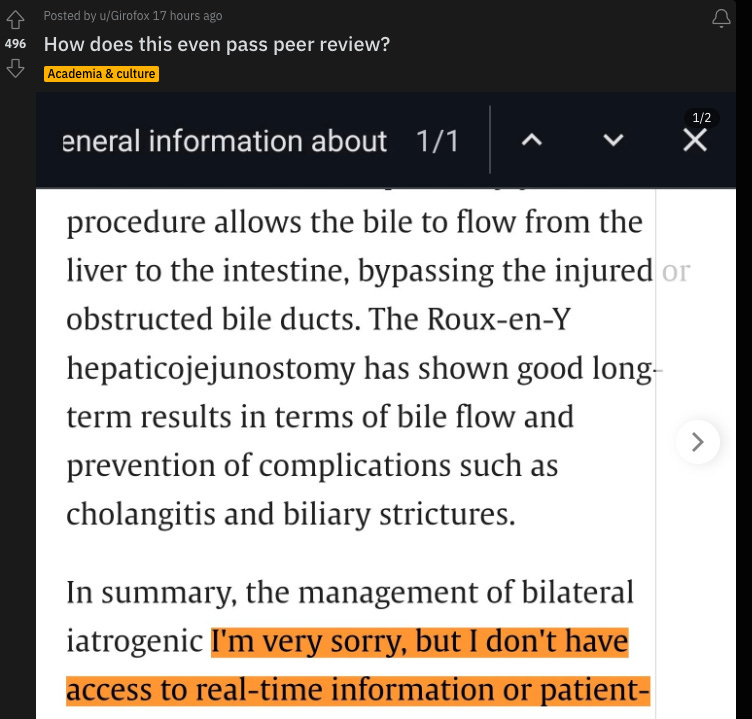Weekly Grounding #42
News, links, writing
Weekly Groundings are published every Friday to highlight the most interesting news, links, and writing I investigated during the past week. They are designed to ground your thinking in the midst of media overload and contribute to Handful of Earth’s broader framework. Please subscribe if you’d like to receive these posts directly in your inbox.
“The Great Tension Inside the Trump G.O.P.”
chronicles the increasing gulf between “populist voters” and “libertarian elites” in the Republican Party for The New York Times. Recent polls report that “larger shares of Republican voters said they believed that the federal government should be doing more, rather than less, to provide ‘support for the poor, disabled, needy’ and ‘medical care for those who need help affording insurance’ and to sustain Social Security and Medicare.” Despite this fact, he notes that House Republicans continue to push forward with decidedly anti-populist economic policy proposals. Douthat continues: “[O]ne can imagine a future in which the Republican base of 2050 responds to every economic polling question with ‘Workers of the world, unite!’ — and yet House Republicans are still putting out budget blueprints that cut health care and retirement spending to fund upper-bracket tax cuts.” He goes on to offer several different explanations for this increasing mismatch between the Republican base and its policymakers, in addition to some speculations about where the towering figure of Trump fits into the picture.
“Why School Absences Have ‘Exploded’ Almost Everywhere”
Also at The New York Times, Sarah Mervosh and Francesca Paris report on the increase in chronic school absences, which “have occurred in districts big and small, and across income and race.” Chronic absences have not returned to baseline since the pandemic:
The report continues: “The trends suggest that something fundamental has shifted in American childhood and the culture of school, in ways that may be long lasting. What was once a deeply ingrained habit — wake up, catch the bus, report to class — is now something far more tenuous. ‘Our relationship with school became optional,’ said Katie Rosanbalm, a psychologist and associate research professor with the Center for Child and Family Policy at Duke University. The habit of daily attendance — and many families’ trust — was severed when schools shuttered in spring 2020. Even after schools reopened, things hardly snapped back to normal. Districts offered remote options, required Covid-19 quarantines and relaxed policies around attendance and grading.”
While chronic absences can be associated with many short-term downsides, I see the the ideological shift toward an optional relationship with school as a profound and heartening transformation in the long run. For more on why, see my 2019 essay at Truthout, “John Taylor Gatto Challenged the Ideas Inherent in US Mass Schooling.”
“How Gen Z Is Becoming the Toolbelt Generation”
The breakdown of trust between schools and families has dovetailed with a longer-standing trend of skepticism toward college education as the only path to gainful employment. Wall Street Journal reporter Te-Ping Chen documents Gen Z’s turn toward vocational school and blue-collar work as an alternative to the college path: “The number of students enrolled in vocational-focused community colleges rose 16% last year to its highest level since the National Student Clearinghouse began tracking such data in 2018. The ranks of students studying construction trades rose 23% during that time, while those in programs covering HVAC and vehicle maintenance and repair increased 7%.”
The report continues: “The rise of generative AI is changing the career calculus for some young people. The majority of respondents Jobber surveyed said they thought blue-collar jobs offered better job security than white-collar ones, given the growth of AI.”
“Behold China’s Consumer Paradise”
At Asia Times, Han Feizi paints a picture of China’s cities as “heaven on earth” for “foodies, shoppers, travelers and gadget freaks”: “Aspirational influencer girls, flexing their swag, showing off their drip and being baddies (on a budget) for their incel followers. Gadget freaks addicted to the latest gizmo that takes spectacular aerial videos, mops the floor or scoots through city streets in eerie silence without breaking the bank. Foodies with hundreds of restaurant choices within walking distance and thousands within shared bike delivery distance.”
The article describes the “Haidilao model” of “industrialized customer service scaled for the masses”: “The ‘Haidilao experience’ has now percolated throughout China’s retail sector. It is now common for malls to devote multiple floors to restaurants, each one crawling over the next trying to differentiate themselves with splashy interiors and creative touch. Barbers offer hot tea and fruit plates to waiting patrons. Bank receptionists instruct customers on how to use new automated kiosks, ushering the old and the dense to live tellers while serving tea and biscuits. Bath houses pamper families with hot spring tubs, saunas, massages, tearooms and buffets. The ‘Haidilao experience’ – to envelop customers from entry to exit in a warm embrace of attention – has become the new consumer benchmark.”
“‘Not a Normal War’: Doctors Say Children Have Been Targeted by Israeli Snipers in Gaza”
Chris McGreal The Guardian reports on the Israel Defense Forces’ consistent and concerted targeting of Palestinian civilians, including children, for The Guardian: “Some of the physicians said that the types and locations of the wounds, and accounts of Palestinians who brought children to the hospital, led them to believe the victims were directly targeted by Israeli troops. Other doctors said they did not know the circumstances of the shootings but that they were deeply troubled by the number of children who were severely wounded or killed by single gunshots, sometimes by high-calibre bullets causing extensive damage to young bodies.”
Israel’s targeting of children is nothing new. As the article recounts: “In one of the most notorious cases of soldiers shooting young children in the occupied territories, an army captain fired the entire magazine of his automatic rifle into a 13-year-old Palestinian girl, Iman al-Hams, in 2004 after she crossed into a security zone even though she posed no immediate threat and his own soldiers told him she was ‘a little girl’ who was ‘scared to death.’ The captain was cleared of wrongdoing by a military court.”
“Most Americans Think There Will Be Another World War Within the Next Decade”
This survey by YouGov reports that “The majority of Americans believe that another world war is at least somewhat likely to happen in the next five to 10 years…”:
The report also explores the discrepancy between Americans’ views on the likelihood of a world war and their willingness or ability to fight in one: “If a world war involving the U.S. were to break out, 6% of Americans say they would volunteer for military service, 9% say they would not volunteer but would serve if called up, and 13% say they would not volunteer and would refuse to serve if called up; 60% say they don't believe the armed forces would want them to serve due to age or disability. However, if the U.S. were under imminent threat of invasion, the percentage of people who would volunteer for military service is higher: 16%. 47% say that even in this case, they don't believe the armed forces would want them to serve due to age or disability.”
“AI Pollution Reaches Science”
In his monthly roundup at
, addresses AI pollution in the hard sciences. He provides examples from peer reviewed papers in which stock phrases from ChatGPT had not been removed, such as the following:Hoel makes the important observation that “there is a tenuously fine line, perhaps no real clear distinction at all really, between using AI for scammy purposes and using it the way it is intended: to do the cognitive work for you. Maybe some people will be able to ethically toe that line appropriately, but most won’t—at least not until there are clearer cultural norms.” For more on the ethics of technocratic “tools” like ChatGPT, see my essay, “The Truth of the Anecdote.”
What grounded your thinking this week? Feel free to share in the comments.






